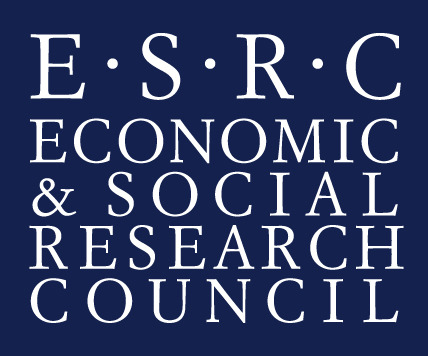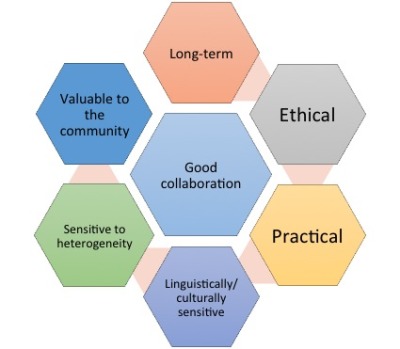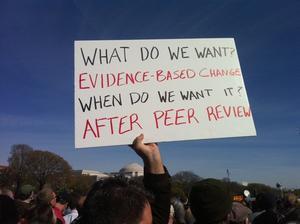Posts tagged seriesoverview
A new way to share seminar outputs…
The Shaping Autism Research seminar series aims to set a new collaborative direction for the future of autism research in the UK, incorporating the perspectives of researchers, practitioners, autistic people and their families on equal terms. One way to set out on this collaborative pathway is to ensure that outputs from the seminar series are not developed only by the organising group but are shared with the community during the draft phase.
To this end we will be sharing on this site drafts of each of the proposed main seminar outputs, as .doc files, and inviting commentators to send us their feedback by posting in the comment box for each document post or using Google Docs to share comments. As each seminar in the series takes place, and the information and discussions are captured, these documents will be updated and new drafts will be posted on this page.
We encourage you all to read the comments on these documents so that we can produce outputs which can become useful tools to shape autism research of the future.
Autism in Practice - Open Now | Autism RPP

If you can’t attend the seminar in person, why not comment on the Research Policy Practice Hub?
Keep an eye out for information about the upcoming Autism Practice seminar being held in Edinburgh on 11th & 12th June being posted over the next few days.
Series overview

Analysis of the current state of autism research in the UK showed that the majority of UK research focuses heavily on “basic science” – neural and cognitive systems, genetics and other risk factors – rather than on research targeting the immediate circumstances in which autistic people find themselves, on services, interventions and education.
People value the need for basic research to understand better underlying causes of autism – but they want a more balanced profile, weighting research with a direct impact on the daily lives of autistic people more equally with core areas of basic science than is presently the case.
This means taking autism research in radical new directions.
A Future Made Together
This research seminar series was inspired by the results of a project entitled, A Future Made Together, funded by the charity Research Autism.
As part of the project, we conducted the most comprehensive review of UK research into autism ever undertaken. We also consulted with more than 1,700 autistic people, their families, practitioners and researchers to understand what they thought of current autism research in the UK and where the funds towards autism research should be prioritised.
Aims of series
The seminar series focuses upon three Priority Areas – all of which were highlighted by autistic people, parents, clinicians and service providers. They include:
Priority Area 1: Autism Practice
Priority Area 2: Public Services
Priority Area 3: Autism and Society
Discover more
- Non Gamstop Casino
- Non Gamstop Betting Sites
- Games Not On Gamstop
- Best Casinos Not On Gamstop
- Non Gamstop Casino
- Non Gamstop Casinos UK
- Non Gamstop Casino
- UK Casino Not On Gamstop
- Sites Not On Gamstop
- Best Non Gamstop Casinos
- UK Casinos Not On Gamstop
- UK Online Casinos Not On Gamstop
- UK Casino Sites Not On Gamstop
- UK Casino Not On Gamstop
- Casinos Not On Gamstop
- Best Non Gamstop Casinos
- Casino Not On Gamstop
- UK Casinos Not On Gamstop
- Casino Not On Gamstop
- Best Betting Sites UK
- Betting Sites Not On Gamstop
- Non Gamstop Casinos
- Non Gamstop Casino


